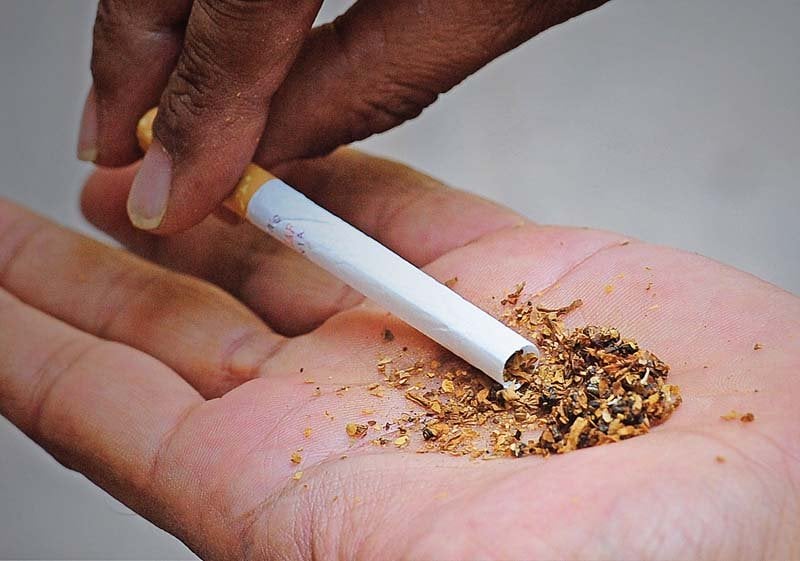LAHORE: The legal tobacco industry in Pakistan is facing a serious crisis, with high taxes on tobacco products leading to a significant decline in production and significant tax losses.
According to the Pakistan Bureau of Statistics, legal cigarette production has fallen by 40% in just five months due to a widening price gap between legal and illegal cigarettes, mainly due to increased excise duty. Between July and November of the current fiscal year, the legal cigarette industry witnessed a staggering 39.31% decline in production, a figure four times higher than the average decline in other major manufacturing sectors.
Overall, bulk manufacturing saw an average decline of 0.80% over the same period, representing a negative 10.3% over the previous fiscal year’s twelve months. The production of the tobacco industry as a whole fell by 39.31% from July to November 2023, with tax-paying tobacco companies seeing production fall by 28.4% in the twelve months of the previous fiscal year.
Average monthly legal cigarette production also saw a substantial decline from 4.41 billion cigarettes in the first nine months of 2022 to 2.836 billion cigarettes in the same period of 2023. One of the major factors contributing to the economic decline is the ineffective implementation of the Track & Trace system in the tobacco sector, resulting in a staggering loss of over Rs 310 billion. Despite this significant loss of revenue, the government and authorities seem hesitant to take decisive action against illegal cigarette manufacturers.
Also read: Shehbaz should be PM, ‘else dark horse will emerge’
Intermarket Securities head of investment banking, Syed Saifullah Kazmi, said that “legal tobacco companies contributed Rs 241 billion in taxes during the current financial year”. He, however, highlighted the massive loss of Rs 310 billion due to tax evasion by illegal cigarette manufacturers and stressed that this revenue could have been used to improve the economy.
Kazmi suggests the implementation and enforcement of a Track & Trace system, targeted enforcement against illicit trade across the value chain focusing on the retail level and implementation of fiscal measures as essential steps to control illicit trade in the tobacco industry. These proposed changes aim not only to curb tax evasion, but also to contribute to the economic growth of the country.







